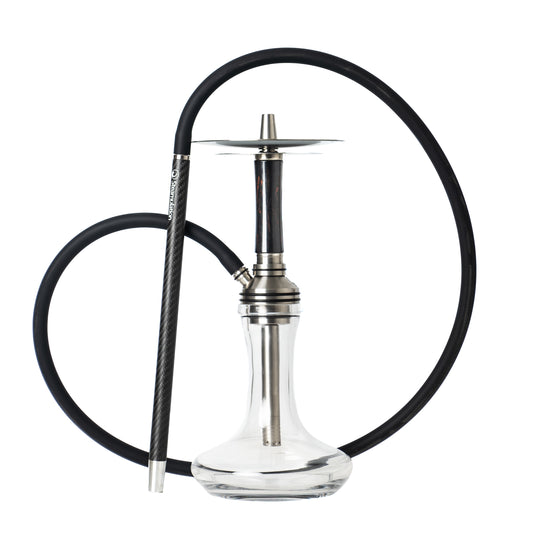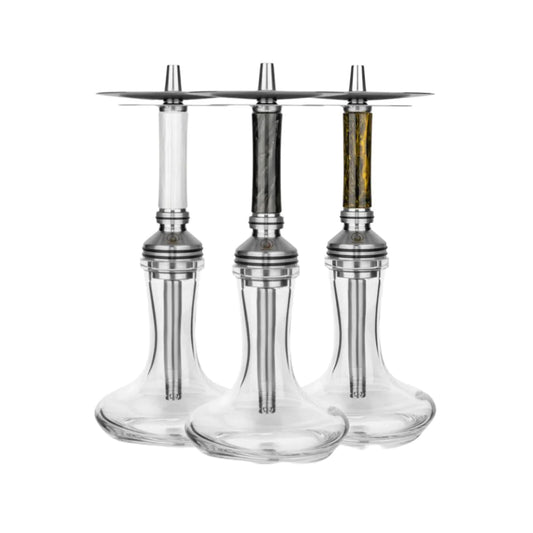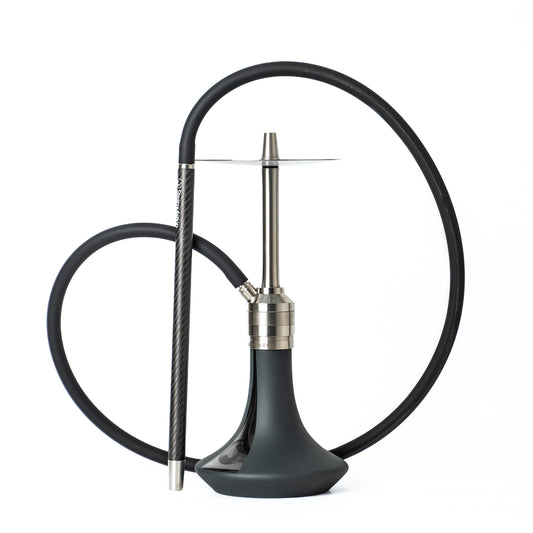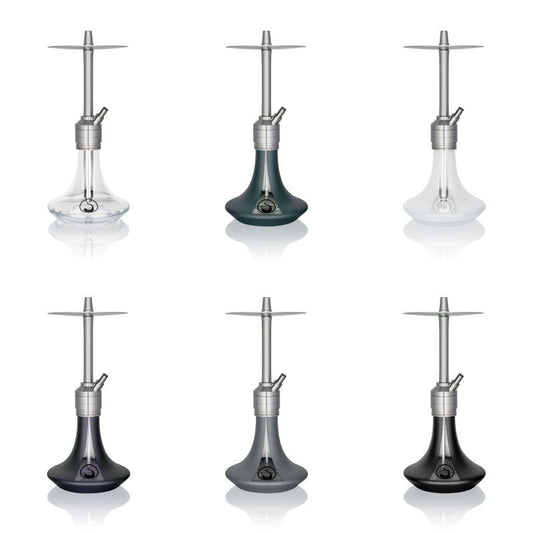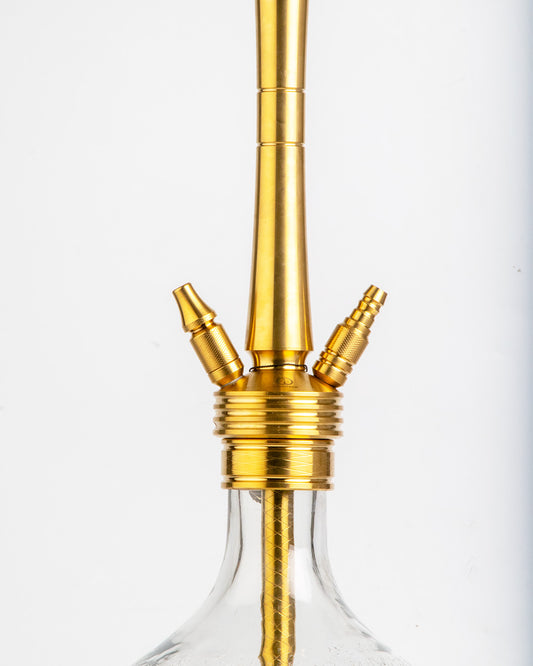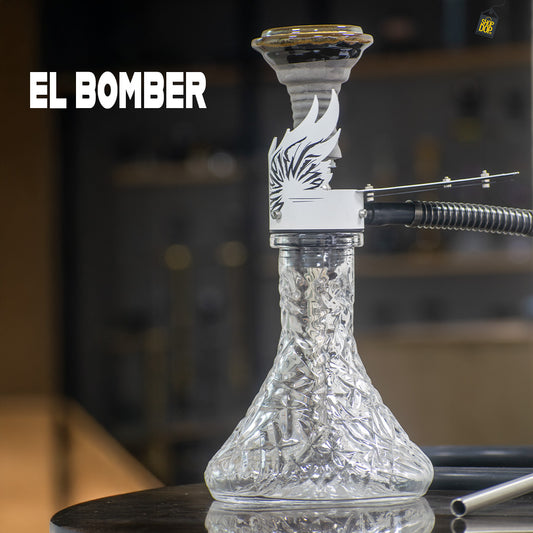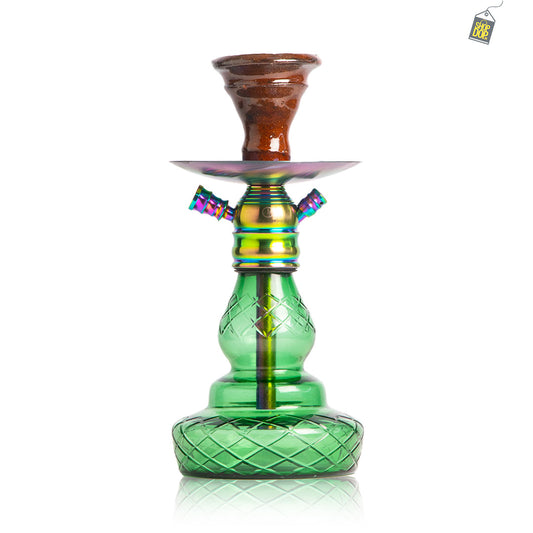How to Open a Bar in Spain: Necessary Documentation and Permits
शेयर करना
Opening a bar in Spain involves navigating through various bureaucratic requirements. This guide outlines the essential documents and permits needed to open a bar, covering requirements from different administrative levels.
Documentation Requirements for Opening a Bar
1. Municipal Requirements
-
Activity License: Obtain a municipal activity license for a bar, café, or restaurant. This includes:
- Technical Project: Ensure the premises meet local regulations.
- Noise Insulation Measures: Compliance with noise regulations.
- Fire Safety Plan: Necessary fire prevention measures.
- NIF or CIF: Identification number of the business entity.
- Fee Payment: Payment of relevant license fees.
- Construction License: If you need to renovate the premises, you must obtain a construction license.
- Public Space Use Permit: Required if you plan to place tables, chairs, or awnings outside.
2. Regional (Comunidad Autónoma) Requirements
- Registration: Register the business with the regional Department of Tourism and Commerce.
- Signage: Obtain and display an official bar or restaurant sign.
- Complaint Forms: Ensure availability of customer complaint forms.
- Slot Machine Authorization: Obtain permission if you plan to install slot machines.
- Health Authorization: Secure a health permit from the regional health authority.
- Food Handler Certificates: All staff must have valid food handler certificates.
- Hazard Analysis and Critical Control Points (HACCP): Implement a HACCP plan for food safety.
- Price Lists: Display price lists visibly for customers; some regions may require these lists to be approved and stamped.
- Liability Insurance: Depending on the region, you may need liability insurance based on capacity and other factors.
3. Tax Agency Requirements
- Form 036: Declare the start of your business activity using this form, covering VAT, income tax, and business tax.
4. Social Security Requirements
- Company Registration: Register your business with Social Security.
- Self-Employed Registration: Register as self-employed if you will work in the bar.
- Workplace Registration: Register the workplace.
- Labor Calendar: Display a labor calendar.
- Risk Assessment and Prevention Plan: Conduct a risk assessment and establish a prevention plan.
- Visitors Book: Maintain a visitors book.
- Accident Insurance: Obtain mandatory accident insurance.
5. Tobacco Market Commission
- Tobacco Sales Authorization: Get permission to sell tobacco products.
6. Data Protection Agency
- Personal Data Registration: Register databases containing personal information of employees and customers.
- Security Document: Prepare a security document if data is stored on a personal computer.
7. S.G.A.E (Society of Authors and Publishers)
- Author Rights Management: Register with S.G.A.E if you play music, have a TV, or use a radio in the bar.
8. Mandatory Signage in the Premises
- Operating Hours: Display the opening and closing hours.
- Alcohol Sales to Minors: Prohibit the sale of alcohol to minors under 18.
- Tobacco Sales to Minors: Prohibit the sale of tobacco to minors under 18.
- No Smoking Signs: Display no smoking signs throughout the establishment.
- Admission Conditions: Display specific conditions of admission if they differ from general conditions.
- Opening License: Display the establishment's opening license.
- Capacity Limit: Display the maximum capacity of the establishment.
Frequently Asked Questions
-
Do I need a separate license for takeout food if I run a bar and sell food for takeaway?
- Yes, typically you need a separate license for takeout food, with distinct spaces for sale and bar areas.
-
Is pest control mandatory? How often should it be done?
- Yes, pest control is mandatory. The frequency and requirements vary by region.
-
Is smoke extraction always required in a bar/cafeteria?
- Not always; if no cooking is involved, small appliances like microwaves and grills may be permitted without smoke extraction.
Conclusion
Opening a bar in Spain requires careful adherence to various regulations and obtaining multiple permits and licenses. By ensuring compliance with all necessary requirements, you can smoothly set up and operate your bar.

